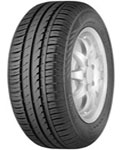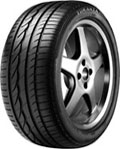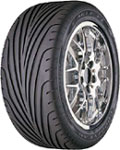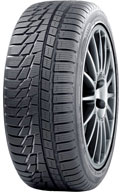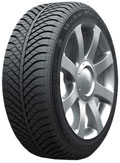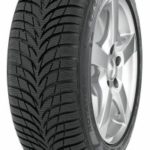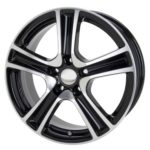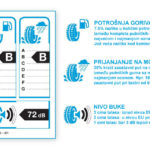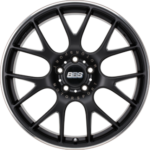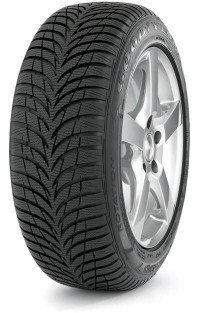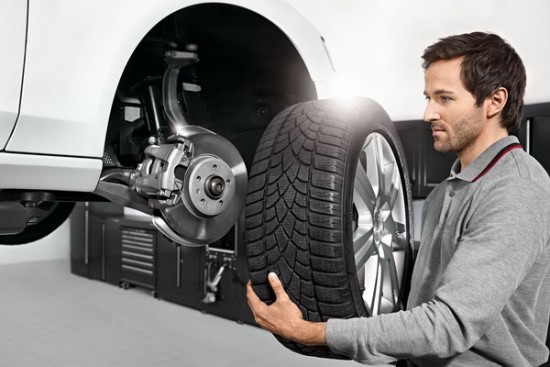Tires - Types of passenger tires - what types of tires are there?
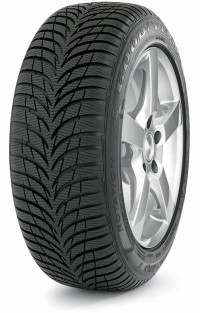
Edge
Basic division Car tire by season when used it is on summer, winter and tire for all seasons (All season).
Summer tire
The summer tire is intended to be used when temperature air above + 7 ° C. At these temperatures it has good properties on both dry and wet roads. According to performance, summer tires are divided into standard tires, high performance tires and ultra high performance tires.
Standard Performance Tire
Standard performance tires are designed primarily for city driving and are often called three season tires. It is optimized for warm weather for either dry or wet conditions. It does not have good snow and ice characteristics so it must be replaced in winter. This class of tires is generally less expensive than high performance tires.
High performance tire
High performance tires are designed for city and highway driving. The pattern is with the shallower channels, the wet performance is worse and better on the dry road. Tire characteristics that determine good behavior on dry and wet roads vary from manufacturer to manufacturer and model to model from the same manufacturer. Manufacturers are competing who will develop the tire with the best balance of dry and wet conditions.
Ultra High Performance (UHP) tires
These tires are intended for drivers who like fast sports driving, for whom high performance and the best possible grip mean far more than the longevity of the tires. It is made of a softer mixture that enables better grip and safe, fast driving in curves. On the other hand, the disadvantage is faster wear and shorter service life. The tread pattern is designed to achieve superior dry grip for poorer wet drainage.
Winter tires
When the air temperature drops below + 7 ° C, the summer tire loses its properties and needs to be replaced with a winter tire. Since the road conditions are different (ice, snow, slush, water), a different mixture and overall tire design is needed. The mixture is softer, based on silica, and the rubber design is different - it contains a larger number of lamellae, the parallel channels are deeper and drain water better. The car is more stable, the grip is much better, the stopping distance is shorter.
On the other hand, at higher temperatures, they wear out faster and have significantly lower characteristics than in winter and should be replaced by summer ones.
All season tire
All-season tires are an attempt to make a tire that would be a trade-off between good behavior on dry and wet roads in summer, and good behavior in winter conditions when snow and ice are on the road. A mixture intended for summer conditions cannot be as good on snow and ice. That is why this tire is often a bad choice - it is neither a good summer nor a good winter tire. The world's leading manufacturers produce them less and less.
Retrieved from: www.4gume.com
Recommendation of similar texts:

Hi there, I am Mladen and I am an auto enthusiast. I started this blog years ago to help like minded people share information about latest cars, car servicing ideas, used car info, exotic cars, and auto technology. You will find helpful articles and videos on a wide variety of cars - Audi, Mercedes, Toyota, Porsche, Volvo, BMW and much more. Ping us if you have anything cool to share on latest cars or on how to make older cars more efficient, or just want to say hi!

